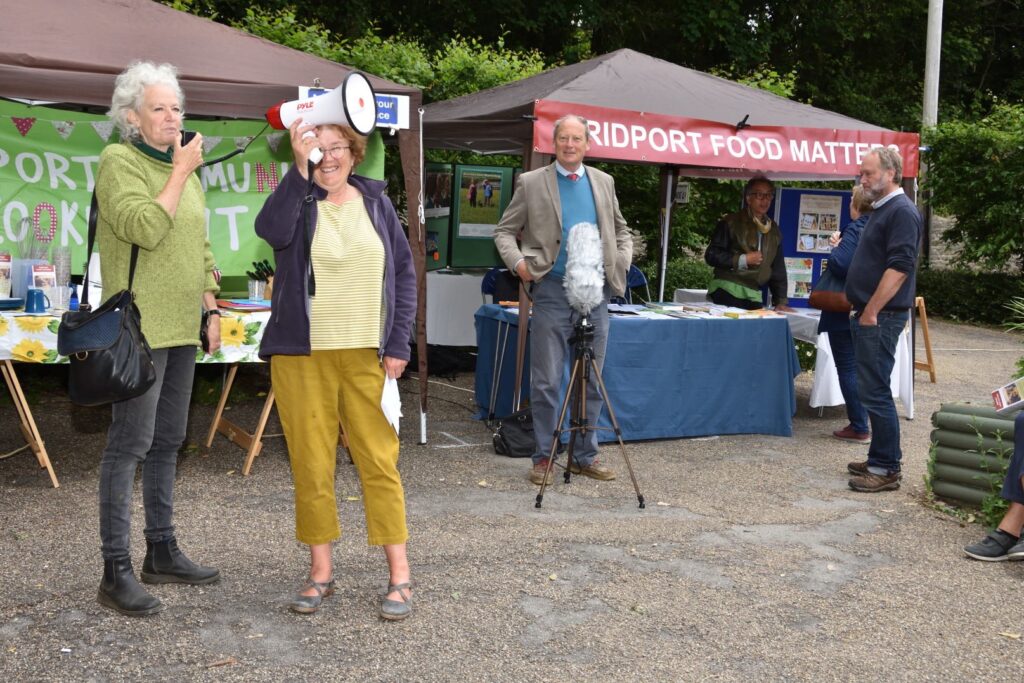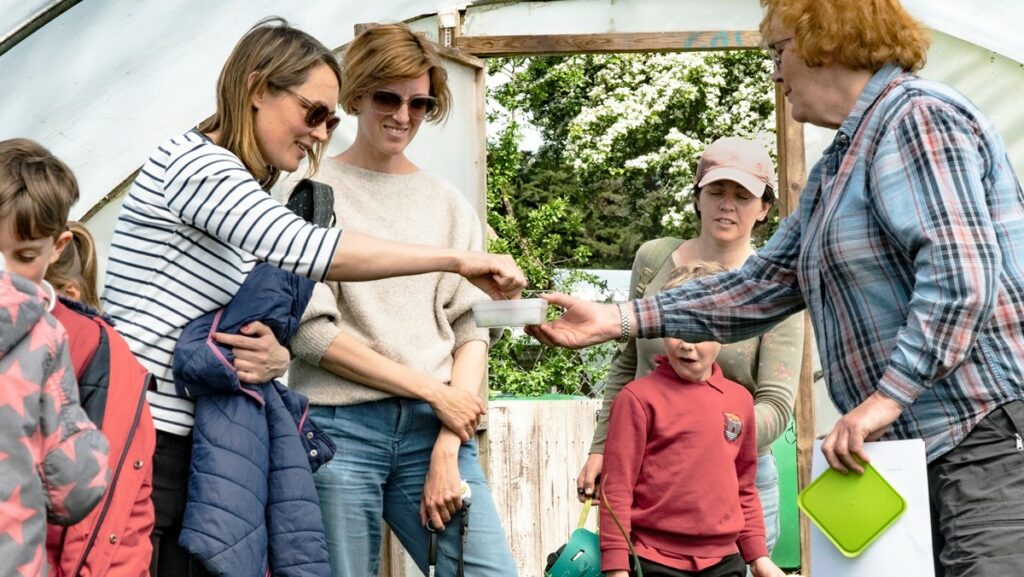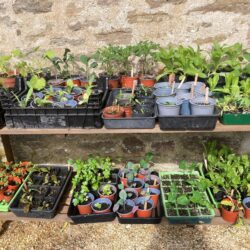Project profile: Bridport Food Matters
Three years on, what has worked, and what hasn’t
In 2020, and before that, many experts on food security and climate change were warning of imminent problems, and sadly they were right. Covid has added to the challenges of extreme weather, but the UK has had it worse than some other countries, due to the dominant role of our supermarkets, and the Government’s failure to consider food security in its approach to UK farmers.
Bridport Food Matters was set up as a pilot project to explore what a local community could do to improve its own food security, and to support initiatives responding to the rising issues of food affordability. The prime movers have been Alan Heeks, who has started several pilot responses on climate resilience through the Seeding our Future project, and Candida Blaker, who had led a previous local initiative, Communities Living Sustainably in Dorset. This blog sums up the approach and the results.
Getting started
Most of us have seen clever initiatives which erupted into our local community without any consideration for what was already there. Bridport Food Matters sought to avoid this problem by starting with a series of conversations and consultations. Separate conversations were held with the key organisations already involved in the local food scene, principally the Bridport Local Food Group, Transition Town Bridport and others. Another key set of conversations was with the main local growers and retailers of vegetables and fruit: one of the starting points for the project was a belief that increased local production was needed, and it was helpful to establish that existing producers were already at capacity, and would not object to new producers entering the market.
The next step was to hold open consultative meetings: two of these were for individuals and networks, and one was specifically for producers and retailers, who said they could speak more openly in a dedicated group. The two open meetings attracted attendances around 50 people each, and the trade meeting involved most of the key players, around 20 people in total.
Through these meetings, the BFM team tested out their initial ideas, and gathered new ones as well. All this led to a revised, consolidated vision statement and project list for Bridport Food Matters.
Main achievements so far
Several of the priority projects arising from the initial consultation have been fulfilled:
Website: www.bridportfoodmatters.net for the first time provided a one-stop location for info on community food initiatives, local suppliers/retailers, free or surplus food offers, home growing, affordable recipes and lots more. Other projects are welcome to use any of this content.
Research: We commissioned and published a report showing how climate adaptive cultivation methods and crops could enable professional producers and home growers in the area to maintain output despite climate change. See report here, or summary here.
Outreach: Various channels were used to extend local awareness of food security issues and what BFM could offer. These included a colour leaflet, an e-newsletter, and stalls at events such as the weekly market and annual Food Festival.
Ambassador Allotments: We worked with a few allotment holders to demonstrate the adaptive methods and crops highlighted by our research, and then ran an Open Gardens event to share their experience with others.
BFM has now become a Constituted group, with the involvement of others with shared goals, in particular a group which aims to establish a Community Food Hub.
Future aims, questions to explore
Community Food Hub: BFM is working with others in the community to create a physical hub, which will hopefully include a community shop and café with prep kitchen, and will be a focus for information exchange, including responses to climate change in our food systems and other fronts and for building community resilience.
Increasing local production: This is the BFM aim where least progress has occurred so far. However, BFM is exploring with a few local landowners who could lease 3-10 acres of land, for ten years or more, for market garden or mixed farming. This would help overcome obstacles to land access particularly for new entrants, and increase provision direct to the local market for additional outlets such as the Community Food Hub. The working group includes people connected to the Landworkers’ Alliance which has trained some local growers, and links are being made to the Local Investment Plan proposals for a horticultural skills centre.
Dorset Diet: This idea is modelled on successful initiatives elsewhere, e.g. the Fife Diet and the Norfolk Diet: consumers are encouraged to adjust their diet and buying habits so that 80% of their food has been grown or processed in their locality: this could be a county, or within a 30-mile radius of a key town. Ideally such a scheme should involve certification of local producers, and getting local retailers and eateries to participate. This idea has not been progressed, as it requires significant funding to fulfil its potential.


